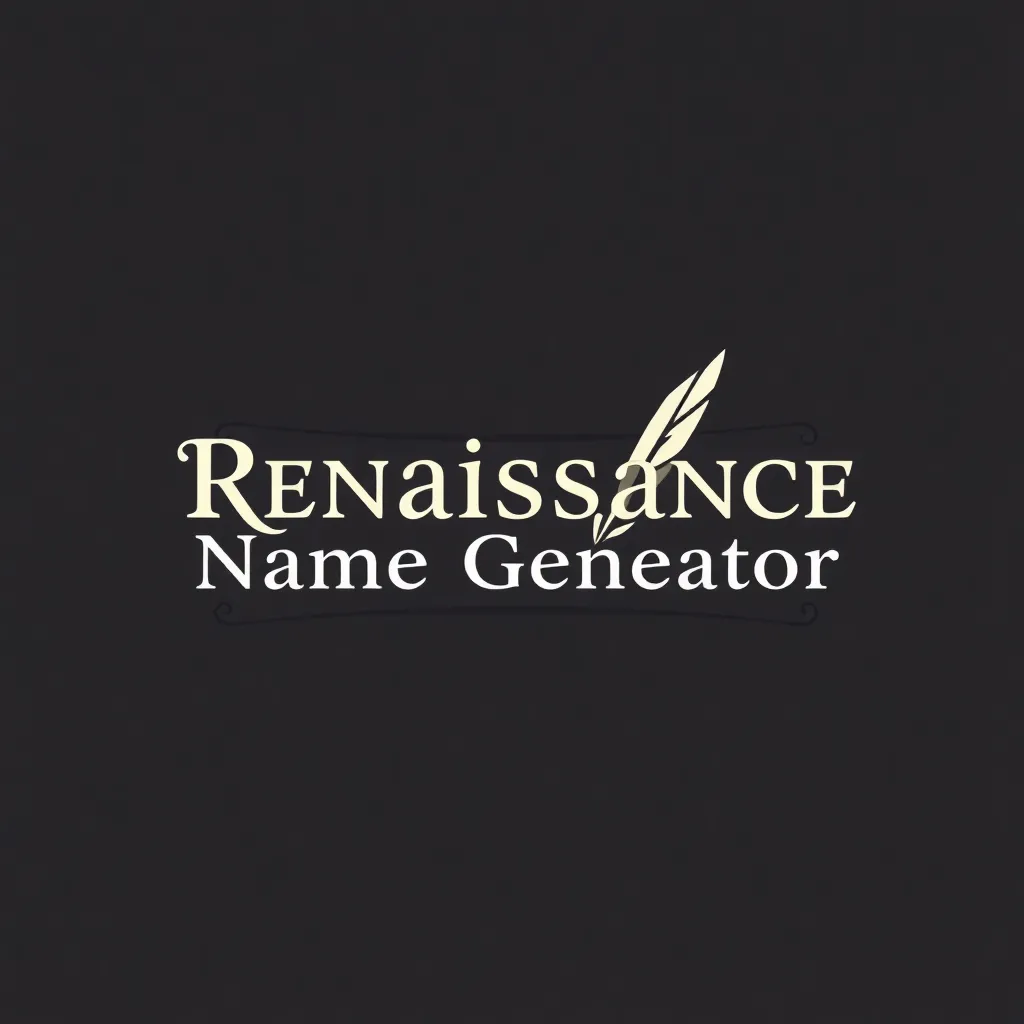
Renaissance Name Generator
Crafting Authentic Names from a Bygone Era
Renaissance Name Generator
What is the Renaissance Name Generator?
The Renaissance Name Generator is a tool that creates names inspired by the European Renaissance period. It draws from historical naming conventions, social classes, geographical locations, and artistic styles of the era to provide unique and personalized names.
Historically Inspired
Our generator uses real historical data and naming trends from the Renaissance period.
Customizable Options
Customize your name generation based on gender, region, and social standing.
Unique and Authentic
Get names that will sound authentic to the historical period.
Variety of Origins
Explore names from many European countries, giving the options many people love.
Steps to Generate Your Renaissance Name
Follow these simple steps to generate a Renaissance name:
Specify Gender
Choose whether you need a male or female name.
Specify Region (Optional)
Select a specific country, like Italy, France, or England, for region-specific suggestions.
Social Class (Optional)
If you wish, you define what station you want to suggest. Common or Noble.
Other Keywords (Optional )
Describe any other information you want the algorithm to include.
Generate and Refine
Click the button to get suggestions. Refine with keywords and location to repeat.
Unleash Your Inner Artist: Exploring the Renaissance Name Generator
The Renaissance was a period of immense cultural flourishing, a rebirth of classical learning and a spark of innovation across Europe. Names from this era carry a unique weight, evoking images of powerful rulers, brilliant artists, and groundbreaking thinkers. This name generator is designed to help you capture that essence. Whether you’re crafting a character for a historical fiction novel, a role-playing game, or simply seeking inspiration for a baby name, this tool offers a glimpse into the vibrant world of Renaissance nomenclature. More than just randomly stringing letters together, this generator draws upon patterns and influences from the era’s most prominent naming conventions, weaving together elements of Latin and Greek derivations, patron saint names, and regional variations to present you with authentic-sounding Renaissance appellations. It’s your portal to a bygone world through the power of names. Use it as a jumping-off point to research the history behind names and truly embody the spirit of the Renaissance.
Iconic Renaissance Names: Origins and Backstories
| Renaissance Name | Origin/Etymology | Notable Individuals | Background Story/Significance |
|---|---|---|---|
| Leonardo | Italian, from Germanic elements levon and hard, meaning “lion brave” or “lion strength” | Leonardo da Vinci (Artist, Inventor) | A common given name reflecting strength and artistry. The “da Vinci” addition indicates his place of origin, Vinci. |
| Lucrezia | Latin, meaning “wealth”, “success” | Lucrezia Borgia (Noblewoman, Duchess of Ferrara) | A popular feminine name among the noble class, often associated with ambition and shrewdness. |
| Michelangelo | Italian, combination of Michael (“who is like God?”) and Angelo (“angel”, “messenger”). | Michelangelo Buonarroti (Sculptor, Painter, Architect) | Devine name with references to the Arch of Michel and the holiness of Angels |
| Isabella | Spanish/Italian, possibly derived from Hebrew “Elisheba” meaning “my God is abundance” or connected to the cult of the Egyptian goddess Isis in Medieval times. | Isabella d’Este (Marchioness of Mantua) | Elegant feminine name borne by many royal figures, associated with patronage of the arts, power, influence, and style. The association to Este highlights her important and powerful family |
| Giovanni | Italian form of John, derived from Hebrew “Yochanan” meaning “God is gracious”. | Giovanni de’ Medici (Various Medici family members) | A widely used masculine name during the Renaissance, signifies religiousness given John the Baptist was a signifact religous figure |
| Caterina | Italian form of Katherine, possibly derived from Greek “katharos” meaning “pure”. | Caterina Sforza (Countess of Forlì) | Strong feminine name. The reference highlights Sforza and the wealth associated to noble families. |
Relation Tools

Xbox Gamertag Generator
Create a unique Xbox Gamertag that represents your gaming style. Stand out from the crowd with a personalized and cool gamertag.
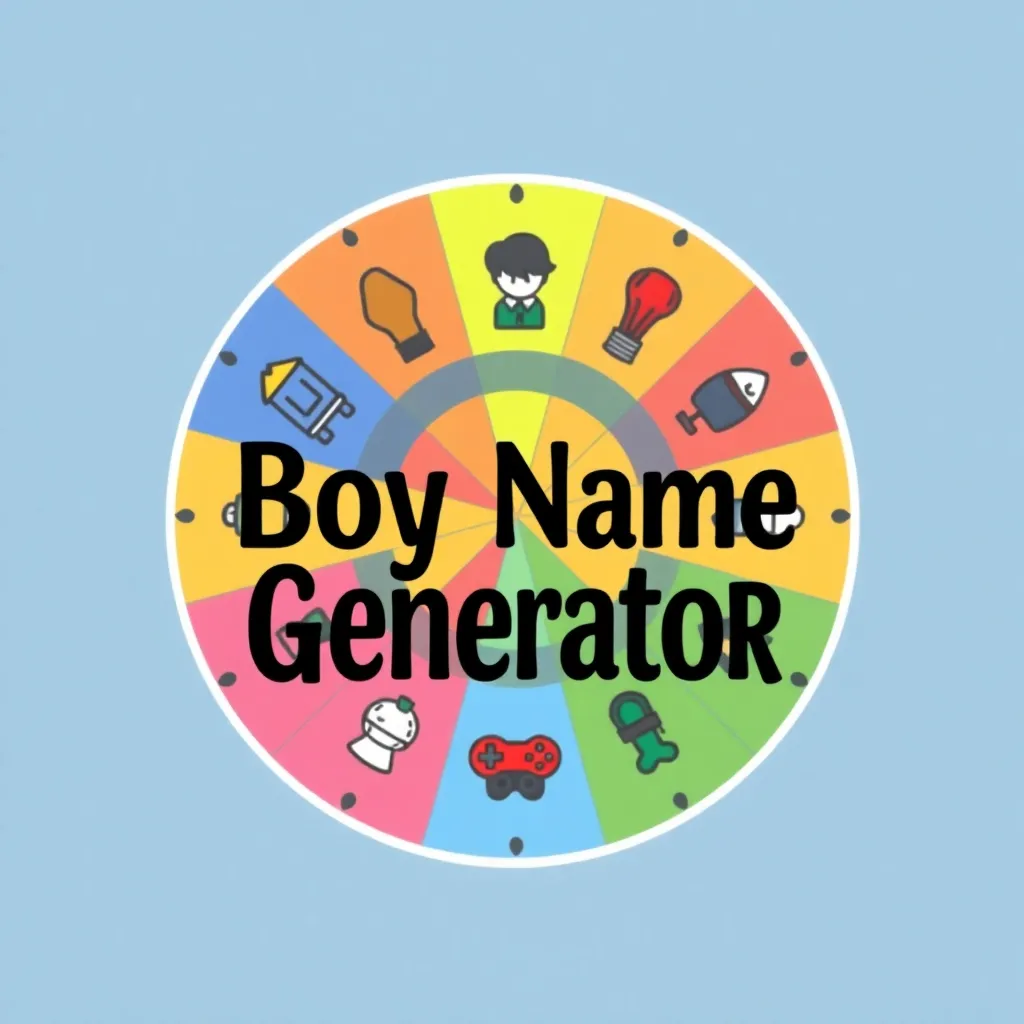
Boy Name Generator Wheel
Spin the wheel to discover the perfect name for your baby boy!

FFXIV Name Generator
Generate Unique and Lore-Friendly Final Fantasy XIV Names
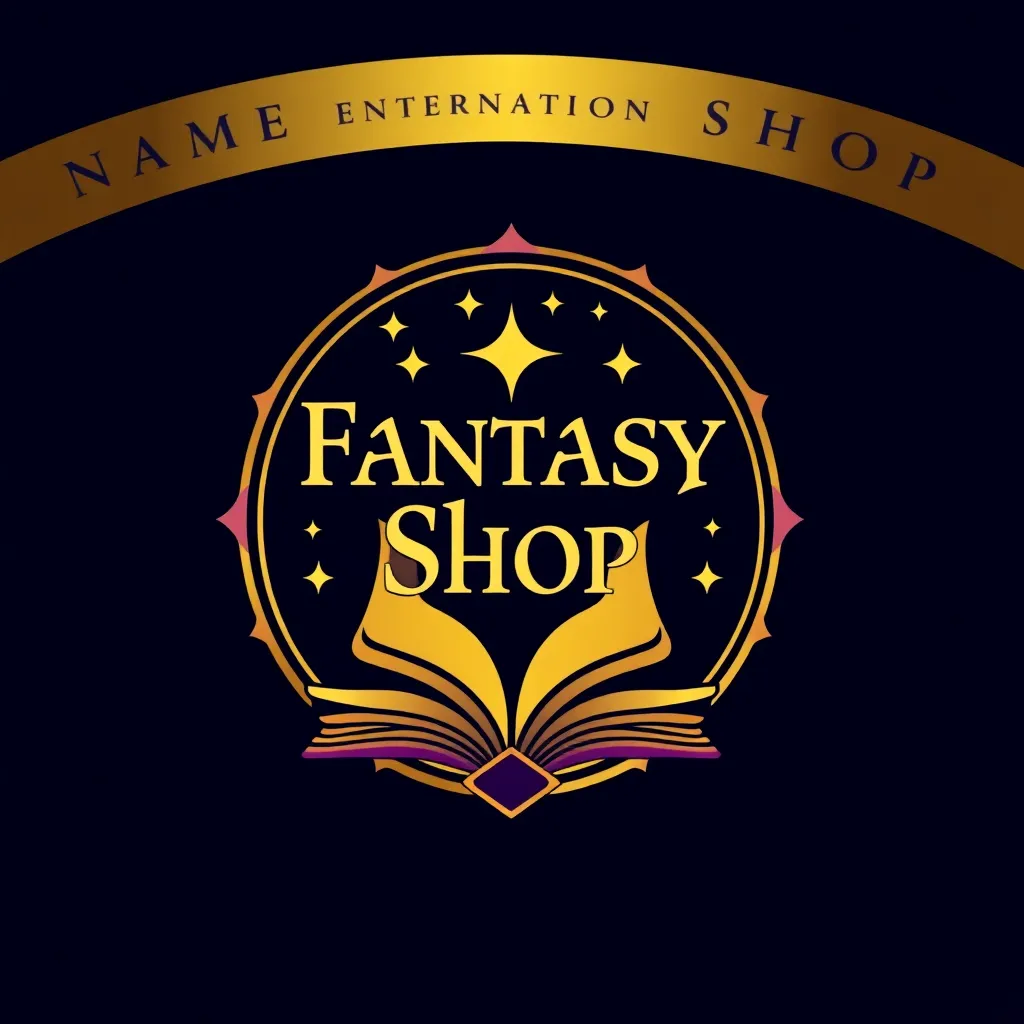
Fantasy Shop Name Generator
Crafting the Perfect Name for Your Enchanted Emporium
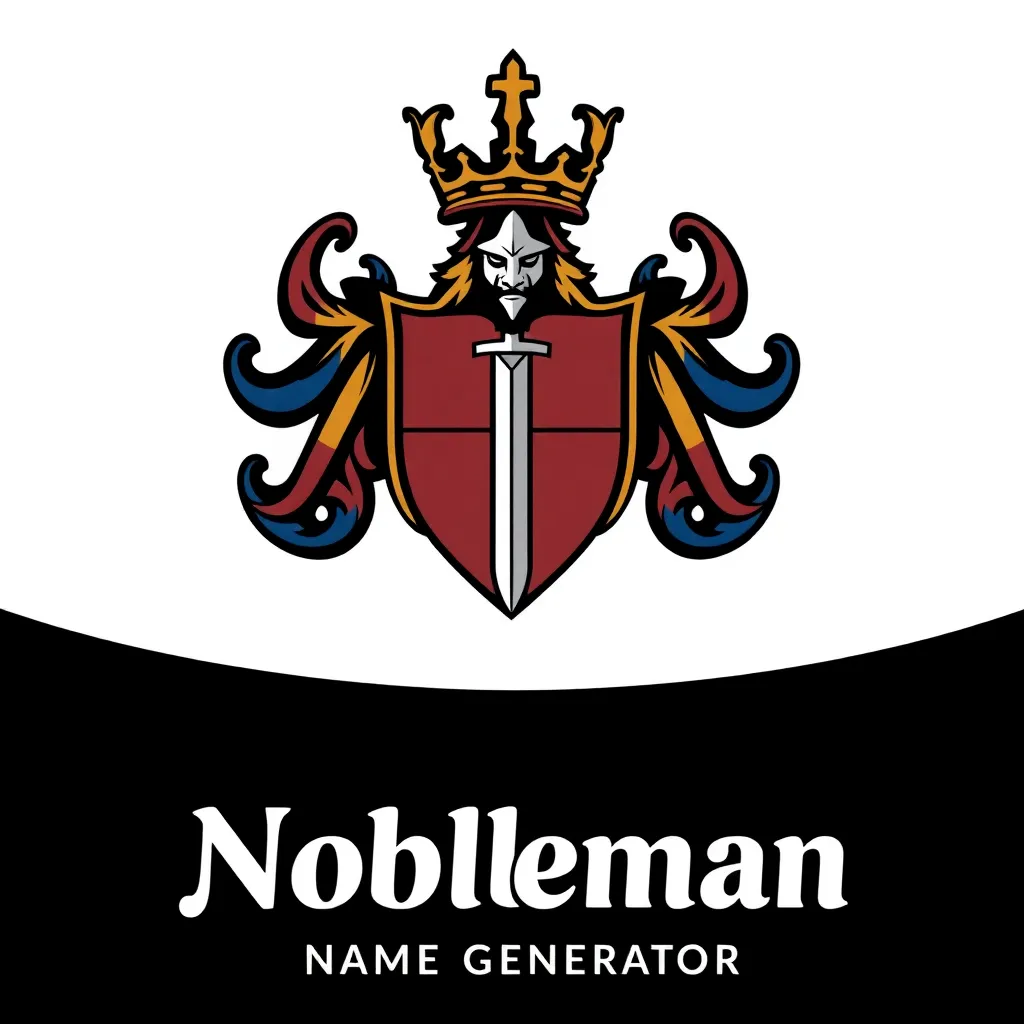
Nobleman Name Generator
Create realistic and unique Nobleman names for your stories, games, or creative projects.

MHA Hero Name Generator
Unleash Your Inner Hero with a Powerful Name!

Squad Name Generator
Create the Perfect Squad Name with Our AI-Powered Generator
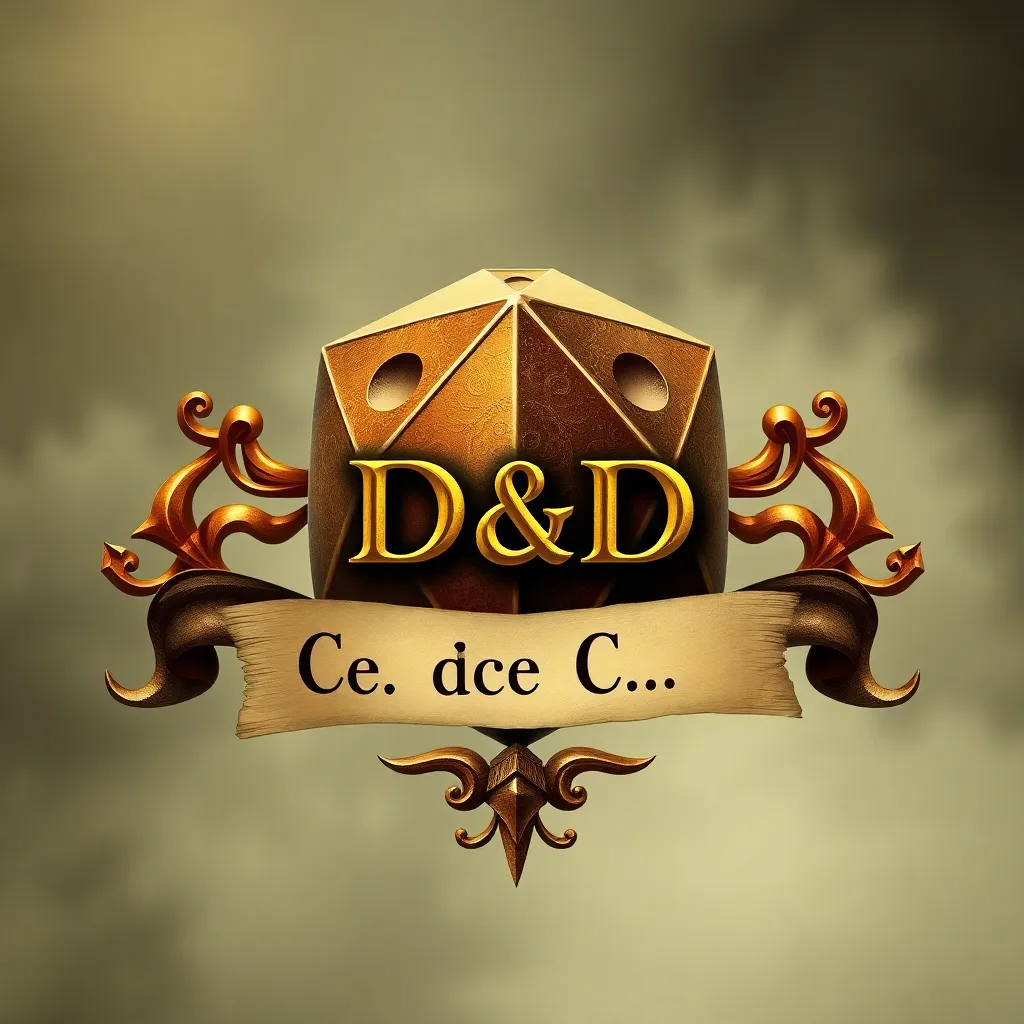
D&D NPC Name Generator
Craft countless character names for your Dungeons and Dragons campaign with our AI-powered generator.
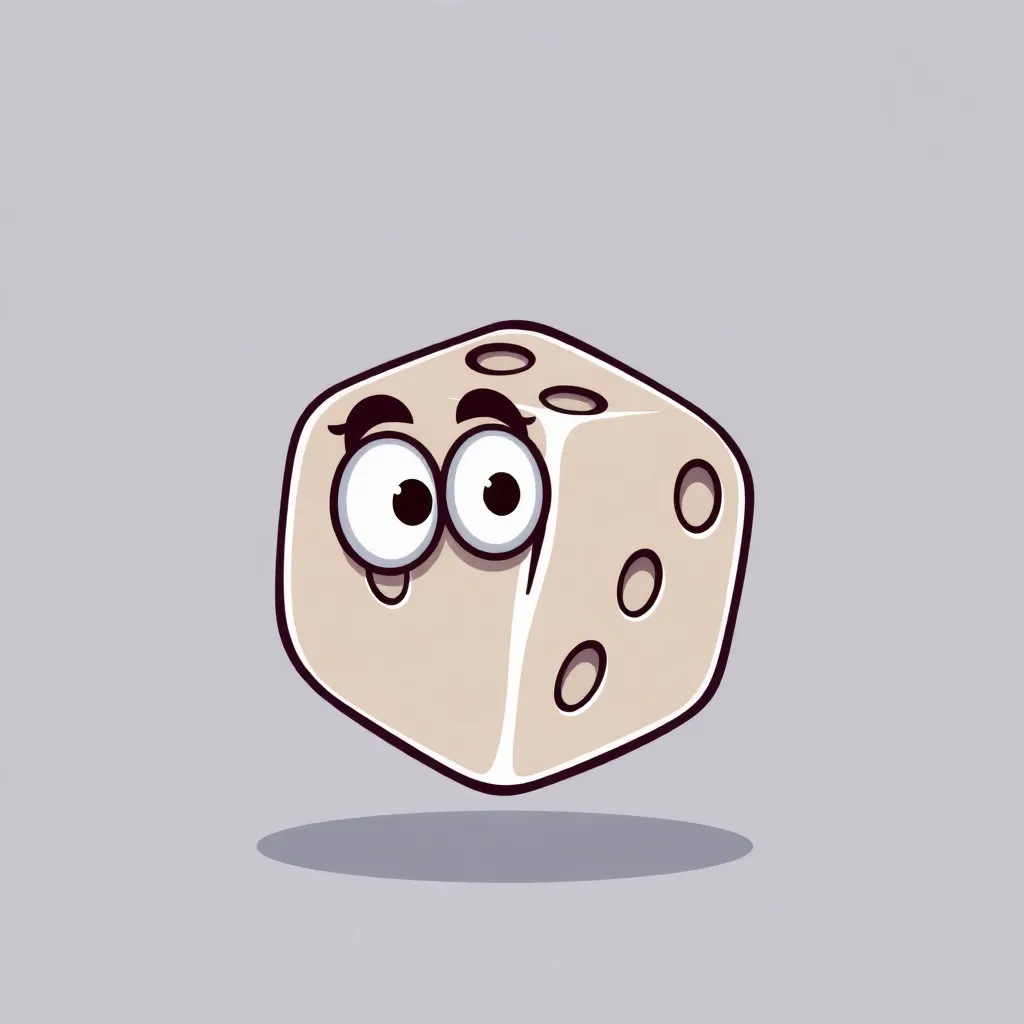
Funny D&D Name Generator
Struggling to come up with a hilarious and memorable name for your D&D character? Our generator will help you create comedic and unique names in seconds!
Showcase of Renaissance Names
Examples to inspire your selection:
Leonardo di Piero da Vinci
The full name of Leonardo Da Vinci. 'from Vinci' shows Da Vinci became 'DaVinci' as surnames are hereditary later
Caterina Cornaro of noble birth
Catherine Cornaro served as the Queen of Cypress. Typically royalty came from families, not countries at the time.
Michelangelo di Lodovico Buonarroti Simoni
Often famous people are known by only one name. However, Michelangelo may be known by any number of his formal elements.
Agnolo Bronzino paints nobles
Known simply as Bronzino a lot even if he had a first name, some people are only known, or knew themselves, by one name.
Frequently Asked Questions
Find answers to common questions about the Renaissance Name Generator: